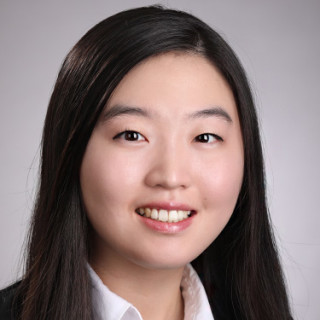
I finally made good on my resolution to take care of by oral health by scheduling an appointment with the dentist. As I sat back in the examination chair I realized that, despite three years of medical education, I still didn’t know what tartar or plaque was (in the context of dental health). When I asked, the dental hygienist kindly informed me that tartar was calcium buildup on a tooth that could contribute to its decay, and that plaque was a film of bacteria. I found it odd that I had not learned about either in any of my medical courses.
The story goes that in the 19th century, two local Baltimore dentists approached the medical faculty at Johns Hopkins about teaching dental skills to medical students. Historically, tooth extraction and dental care had been the trade of barbers, and the Baltimore dentists were turned down, for better or for worse (probably worse), the boundary between the two fields was entrenched, leading to wholly separate education systems, professional networks, accreditation bodies, health records, and payment systems.
My understanding of dental health is limited. My anatomy lectures didn't cover teeth, nor did my professors teach me much about the diseases that could affect the gums. The few things that I remember learning about oral health in the first two years of medical school were that viridans streptococci in the oral cavity could cause thrombi formation in damaged mitral valves; that dental and oral infections could lead to brain abscesses; and that smoking can cause squamous cell carcinoma of the oral cavity. Even during clinical training, I didn’t notice much overlap between medicine and dentistry. The only time I observed physicians asking about dental habits was during well-child exams. I knew there were dentists who also earned an MD (to become maxillofacial surgeons), but the only time that I saw a dentist at the hospital was in my Otolaryngology rotation. This dentist dropped by the operating room of a patient with extensive oral squamous cell carcinoma and, after the anesthesiologist put the patient under, he efficiently pried off some teeth and then passed the patient off to the otolaryngologists for neck dissection.
The limited coverage of dental education in medicine is a shame because dental health is essential to the overall health of patients. Many medical conditions manifest in the oral mucosa, such as oral candidiasis in immunocompromised patients. Poor dental health can also affect patients’ diets, and gum infections have been associated with heart disease and preterm birth.
Given the current formulation of professional societies, schools, and certification organizations, it's probably unrealistic to call for a reconciliation of the two fields under a single overarching professional umbrella — especially considering the allure of professional autonomy. However, what we can do is ensure that medical students receive appropriate education regarding oral hygiene that will allow them to serve patients better and encourage them to seek better dental care when necessary. Further, both the medical and dental communities can do a better job for patients in terms of dental care advocacy. Dental care is typically not included in medical insurance plans and is harder in general to get than health insurance, despite the fact that oral health is an important part of overall health. A 2012 Senate subcommittee report, titled “Dental Crisis in America: The Need to Expand Access,” stated that preventable dental problems accounted for more than 830,000 emergency room visits in 2009. Clearly, by advocating for affordable dental coverage as part of mandatory health insurance plans, we can make sure that health care professionals are treating the whole patient.
Yoo Jung Kim is a medical student at Stanford University and author of "What Every Science Student Should Know" (University of Chicago Press). Her articles have appeared in the Washington Post, The Mercury News, the Seattle Times, and KevinMD. She is a 2018-2019 Doximity Author.





